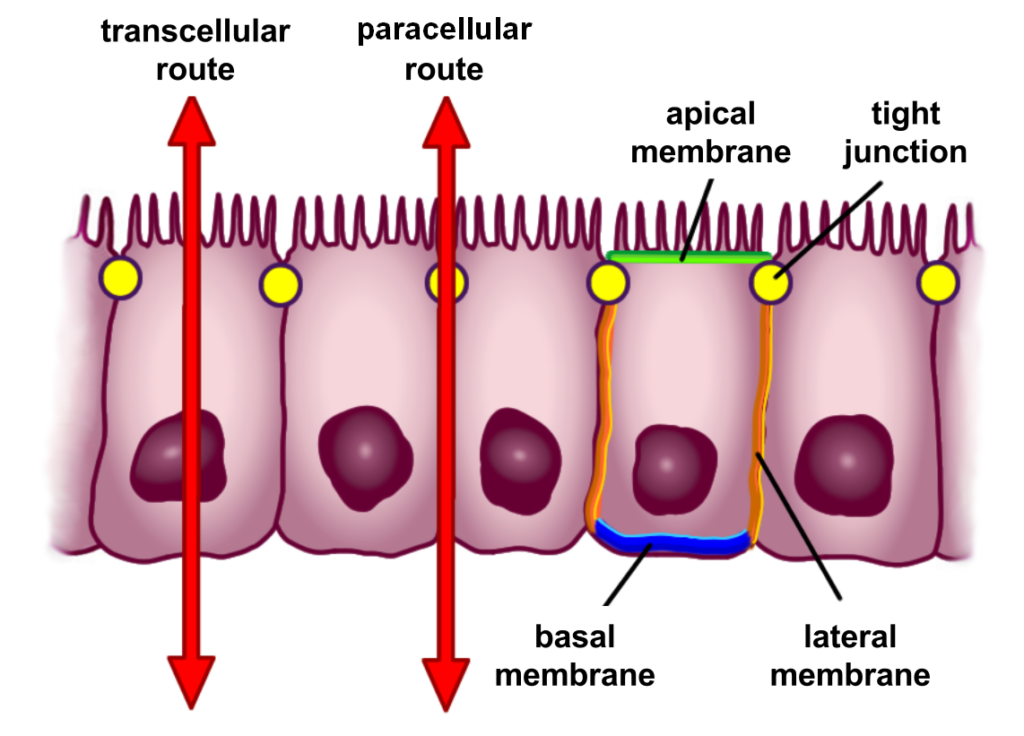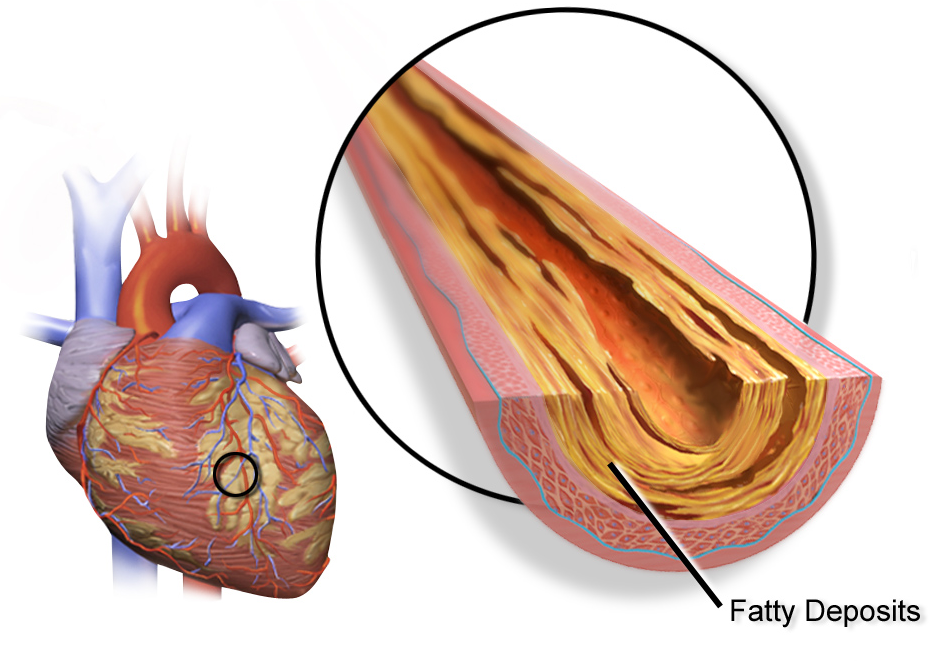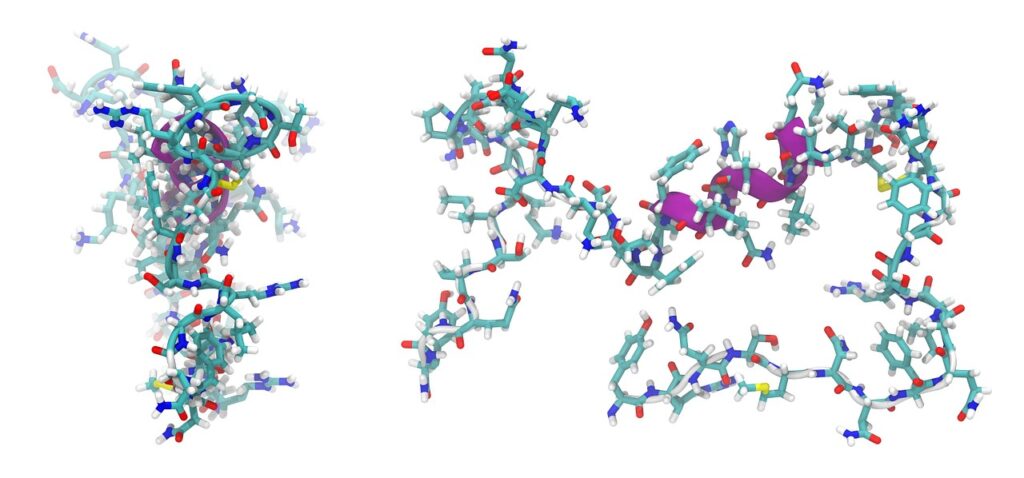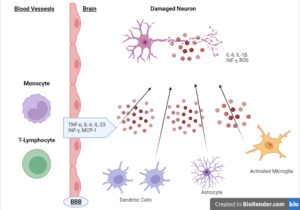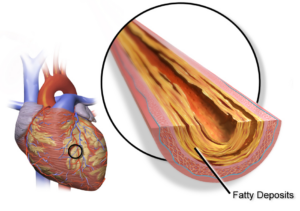What is it?
Pycnogenol is a branded extract derived from the bark of the maritime pine tree (Pinus pinaster), native to the southwestern Mediterranean region. The extract is rich in bioactive compounds, including procyanidins, flavonoids, and phenolic acids.
Pycnogenol positively affects cardiovascular and kidney function, eye health, erectile dysfunction, and cognitive function. Although it is not widely recognized in the nutrition sphere, its pleiotropic effects can be used in many different protocols.
What does the evidence say?
Considerable research has been done on the benefits of pycnogenol, particularly in the following two areas:
Cardiovascular Health. Nitric oxide is often underrepresented in health care, but its importance for heart health cannot be understated. One of the positive attributes of pycnogenol is its ability to increase nitric oxide production. Nitric oxide promotes the vasodilation of blood vessels and increases blood flow throughout the body, keeping the vascular system healthy.
Studies have shown that pycnogenol can increase nitric oxide levels, even in healthy subjects.1 It may also lower blood pressure and improve kidney function in those with moderately high blood pressure.2 2 Further, it may improve erectile dysfunction significantly and lower LDL cholesterol simultaneously.2
Pycnogenol’s ability to increase nitric oxide can directly affect endothelial function and blood flow, improving cardiovascular metrics and function.
Cognitive Function. Nitric oxide production can be felt in the brain as blood flow can be limited to the brain under vasoconstrictive conditions. Pycnogenol has been shown to have positive effects on children with ADHD and even in cognitive decline in later life, showing it has the bi-directional ability to affect over and under-activity. Its nitric oxide activity and antioxidant activity are the mechanisms for this.
ADHD has an immune and oxidative stress component, and pycnogenol seems to positively both.3 It also appears to lower the amount of stress hormones produced, leading to better symptom relief in ADHD children.
As we discussed, pycnogenol also has a positive effect on cognitive decline. In one study with baby boomers aged 55+, those who received the pycnogenol at 150mg had increased executive function, money dealing, attention, and other factors, while the placebo group showed a slight decline.4
Although it may seem that pycnogenol only benefits those who already have a variation of cognitive impairment, it has also been shown to have positive effects in healthy volunteers, where students who were given pycnogenol improved test scores compared to placebo. 5
Dosages and Side Effects
There is limited evidence of side effects from pycnogenol, but some have reported digestive discomfort and headaches. The dosage can vary, but 40-60mg seems to be positive for long-term use. Most studies use 100-200mg for the design period.
Final thoughts
Although not all of pycnogenol’s benefits have been discussed here, the cardiovascular and cognitive benefits are profound. Pycnogenol is a supplement I use regularly with clients who have issues with blood flow or cardiovascular dysfunction. Its ability to increase nitric oxide and its antioxidant capacity have substantial positive effects. Given that cardiovascular issues are rampant among men, I rate this supplement very highly.
Reference Links :
1. https://pubmed.ncbi.nlm.nih.gov/18037769/





